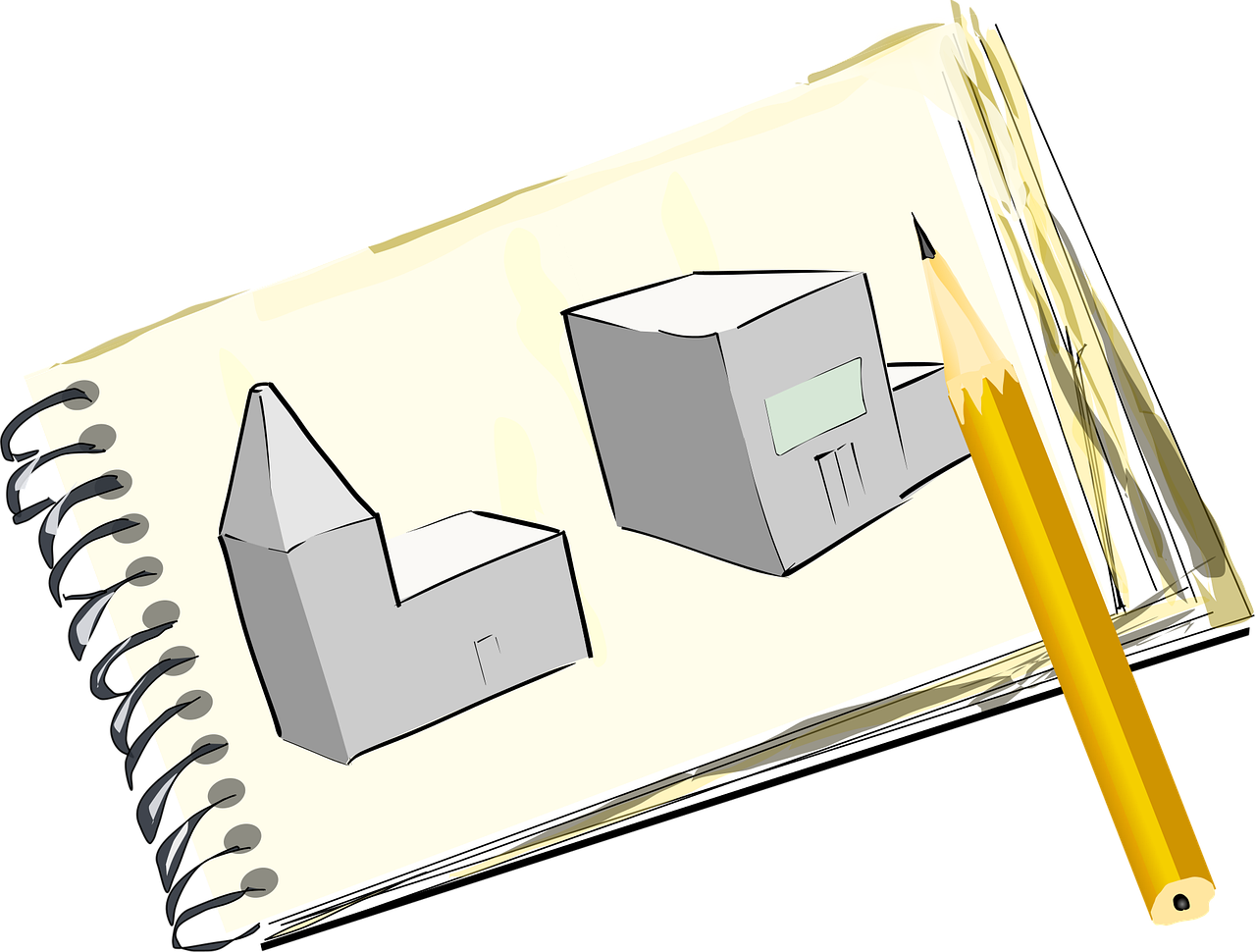Combining Retrieval Practice and Generative Learning
Jonathan Firth's Memory & Metacognition Updates #121
Hi there! I hope you enjoyed my recent post on motivation. Today, back to some more ‘bread and butter’ issues, specifically:
Retrieval practice: actively recalling information from memory, e.g. via quizzes or teacher questioning.
Generative learning: tasks that involve reorganising or expanding on concepts, e.g. making diagrams, drawing, or coming up with examples.
Retrieval practice is an important way to tackle forgetting, and as such, a key way that educators can build knowledge. Though it can be done via quizzes, there are many other ways to prompt learners to retrieve from memory (see update #36).
Generative learning activities prompt students to make meaningful links within and between concepts, developing schemas. Again, there are a bunch of different ways to have students engage in generative learning, and so it is flexible and easy to use on an everyday basis (check out various examples in update #32).

Research
Although the evidence on both techniques is very strong, a recent study by Obergassel et al. (2025) pointed out that little has been done on combining them: “… it is surprising that, to date, it has scarcely been investigated whether these tasks can be combined …”. Indeed! They also pose the question: “Is it more effective to engage learners in a combination of generative tasks and retrieval tasks than in either type of task alone, and if so, does the sequence in which the two types of tasks are combined matter?” (Obergassel et al., 2025, p. 980).
Given that retrieval focuses mainly on memory and generation mainly on comprehension, the researchers predicted that a combination of the two would be helpful. However, there have been other findings where two effective techniques are not always more effective than one (e.g. when combining spacing + interleaving).
So, what did the researchers find?
The study, funded by the German Research Foundation, included 306 German university students, who studied four concepts from social and cognitive psychology from textbook passages in the following ways:
Retrieval condition: students tried to correctly recall the definition of each concept from memory; they then got feedback and tried again up to 3 times in total.
Generation condition: students were prompted to come up with a new example for each concept; they then got feedback, and tried to improve their examples.
Re-study (control) condition: these students simply read and re-read the textbook passages.
It should be noted that some students did both condition 1 and 2 (the order was varied), while others students did the same condition twice (in the case of condition 2, this involved generating a second example via the same approach).
Everyone was then tested either immediately or after a one-week delay. This post-test assessed:
Retention, by asking students to write definitions;
Comprehension, by asking students to generate examples, categorise examples, and explain differences between concepts.
Findings
The methodology and findings are a little complex, but here are some of the main headlines:
Generative learning (GL) led to better comprehension but did not make a difference to retention (vs. restudy).
Retrieval practice (RP) led to better retention on a delayed test, but did not make a difference to comprehension (vs. restudy).
Combining the two strategies was superior to one alone; students who did both scored better on comprehension than those who had done RP alone, and better on retention than those who had done GL alone.
The researchers had predicted superior performance when learners did generative learning first (GL-then-RP, rather than RP–then–GL). However, they did not find a significant difference here, suggesting that the order did not matter.
To sum up
Thus it appears that while both RP and GL are very helpful, they benefit learners in different ways. One focuses more on memory and the other on understanding. This makes a combination of the two beneficial to learning.
For educators, it suggests that focusing too much on either type of task could be limiting, and we should plan to include both, in any order.
This could involve, for example:
A quiz to consolidate learning from a text, video or short lecture;
Reviewing the quiz;
Having students then generate their own novel examples based on each concept in the quiz, with feedback.
There is quite a lot more that can be said about this study, including measures of prior knowledge and cognitive load that were included. I’ll therefore return to it next week, and also say a bit more about the implications.
Below is a citation for this paper:
Obergassel, N., Renkl, A., Endres, T., Nückles, M., Carpenter, S. K., & Roelle, J. (2025). Combining generative tasks and retrieval tasks. Journal of Educational Psychology, 117(6), 980–997.
Have a great week.
Jonathan
Last time: Motivation: Fuel for Self-Regulated Learning
Please note that my slides and similar materials are shared under a CC BY-NC 4.0 license. This means you can use or adapt them with attribution for non-commercial purposes. If you wish to use my materials for other purposes, feel free to get in touch.
